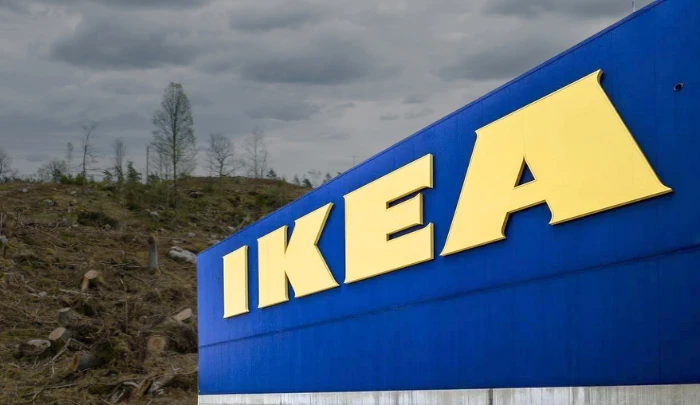That Cheap Desk From Ikea You Put Together Wasn’t As Cheap As You Think
Ikea, a global giant in home furnishings, is celebrated for making stylish and affordable furniture accessible. Well, ‘celebrated’ may not be the right term, but no one can argue with their success.
As of this year, IKEA is the eighth most valuable retailer in the world and the most valuable furniture retail brand, valued at over 23 billion U.S. dollars. The company operates 458 stores around the world with roughly 882 million customers annually.
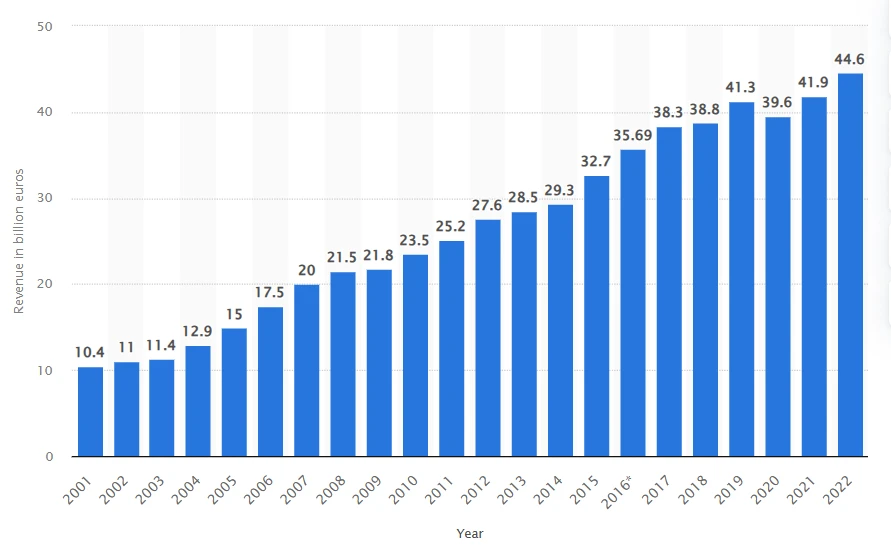
However, a concerning narrative unfolds when we trace the origin of Ikea’s products, revealing a stark contrast to its eco-friendly image that the company has been pushing for years.
In a comprehensive 18-month investigation led by Earthsight, Ikea’s reliance on illegal timber sourced from Ukraine’s Carpathian Mountains, one of Europe’s most biodiverse regions, has come to light. This article delves into, and simplifies, this investigation and the broader implications of relying on the Forestry Stewardship Council (FSC) certification.
Ikea’s Timber Trail: From Carpathian Forests to Global Stores
Every year, Ikea’s consumption of trees increases by two million, with one tree destroyed every second to create its furniture. The investigation traced Ikea’s iconic products back to their forest source, leading to the Carpathians in Ukraine.
The Carpathian Mountains aren’t just any forest; they’re among the most biodiverse habitats in Europe, home to a plethora of wildlife and plant species. The continuous logging here, some of which is illegal and state-complicit, poses a significant threat to this rich biodiversity.
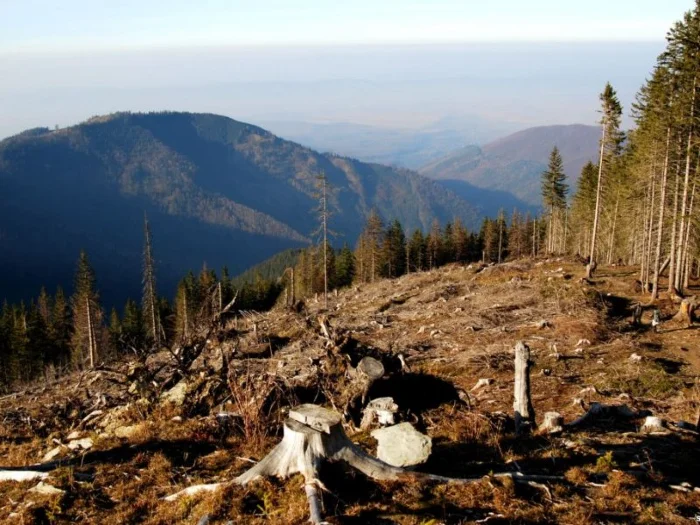
The Role of FSC: A Questionable Green Label
The FSC label, found on various products from packaging to furniture, is meant to reassure consumers of the legal and sustainable origins of wood. Ikea, as FSC’s most important client, heavily relies on this certification to maintain its eco-friendly brand image.
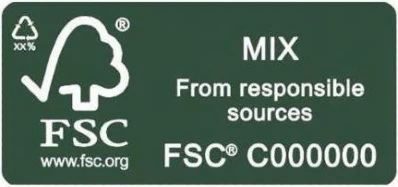
The investigation uncovered a disconcerting truth – all of Ikea’s timber implicated in questionable practices bore the FSC’s seal of approval. This finding raises critical questions about the effectiveness and reliability of FSC’s systems, both in Ukraine and globally.
While the legitimacy of so-called environmental labels and certifications is nothing new, the size and scope of the Forestry Stewardship Council’s reach is particularly concerning.
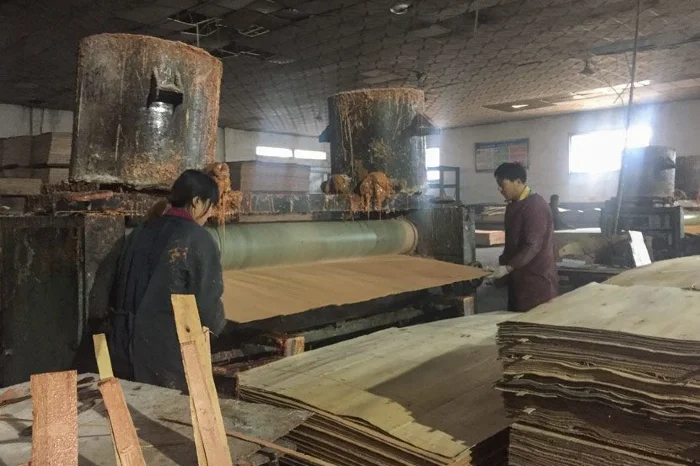
Key Findings of Earthsight’s Investigation into Ikea’s Timber Sourcing
- Ikea’s Children’s Furniture and Illegal Logging: Ikea, a leading global furniture retailer, has been selling children’s furniture, including the Sundvik and Flisat ranges, made from wood linked to vast illegal logging in Russia’s protected forests.
- Global Sales of Tainted Furniture: Earthsight estimates that every two minutes, an Ikea product containing suspect Russian lumber is purchased worldwide.
- Tracing the Timber: Through undercover meetings, site visits, satellite imagery, and analysis of various records, the investigation traced the wood used in Ikea furniture back to remote Siberian forests controlled by Evgeny Bakurov, one of Russia’s wealthiest politicians.
- Bakurov’s Illegal Forestry Practices: Bakurov’s companies were found to have violated numerous forestry and environmental laws, harvesting 2.16 million cubic meters of wood illegally over the last decade, an amount comparable to the Great Pyramid of Giza.
- Sanitary Felling as a Pretext: The investigation revealed that millions of trees were falsely classified as dead or diseased (sanitary felling) to bypass Russian logging laws.
- FSC Certification and Global Supply Chains: Despite illegal practices, Bakurov’s pine was certified by the Forest Stewardship Council (FSC) and supplied to Ikea through Indonesian manufacturers and middlemen in Russia and China. This tainted wood is also prevalent in other supply chains to Europe and the US.
- FSC and PEFC Trust Misplaced: Earthsight’s findings indicate that reliance on FSC and its competitor PEFC for sustainable and legal timber sourcing is misguided, as their audits failed to identify the illegal logging activities.
- Lack of Rigorous Enforcement: The investigation underscores the need for US and European governments to enforce timber import laws more strictly to curb their roles in global deforestation.
- Ikea’s Response to Allegations: Following Earthsight’s revelations, Ikea temporarily banned sanitary felled wood from Siberia and the Russian Far East, later discontinuing Bakurov’s companies as suppliers due to “practices of concern”, though maintaining the legality of the harvested wood.
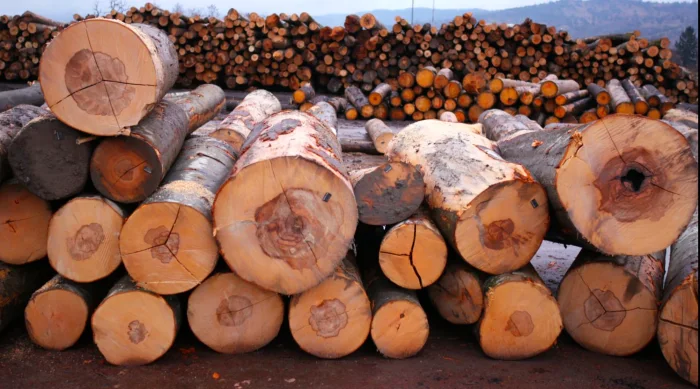
The Global Impact of Ikea’s Timber Consumption
Ikea’s situation highlights a global dilemma in consumer goods – balancing affordability with sustainability. While Ikea offers furniture at modest price points, the environmental cost, as revealed by this investigation, is far from modest.
This issue also sheds light on the responsibility of consumers in a global marketplace. Awareness of the true cost of products, especially those tagged as ‘sustainable,’ is crucial in making informed decisions.
Ikea has the opportunity and responsibility to address its timber sourcing issues, which the company has yet to do enough to satisfy environmental researchers. Given the financial and political power that Ikea wields, the fast furniture company could choose to lead the way in sustainable furniture production. Unfortunately, they haven’t made that choice yet, regardless of their claims.
Improving FSC Certification
The FSC, on its part, needs to overhaul its verification processes to genuinely ensure the legal and sustainable sourcing of timber. Strengthening its audit and certification system is key to restoring its credibility.
Conclusion: Rethinking ‘Fast Furniture’
Much like in the fast fashion industry, Ikea’s situation is a microcosm of a larger issue in the ‘fast furniture’ industry. As consumers, understanding the hidden environmental costs of affordable products is imperative.
For companies like Ikea and certifying bodies like FSC, it’s a call to action to uphold the principles of sustainability they promote. The real cost of furniture shouldn’t be at the expense of the earth’s precious forests.








